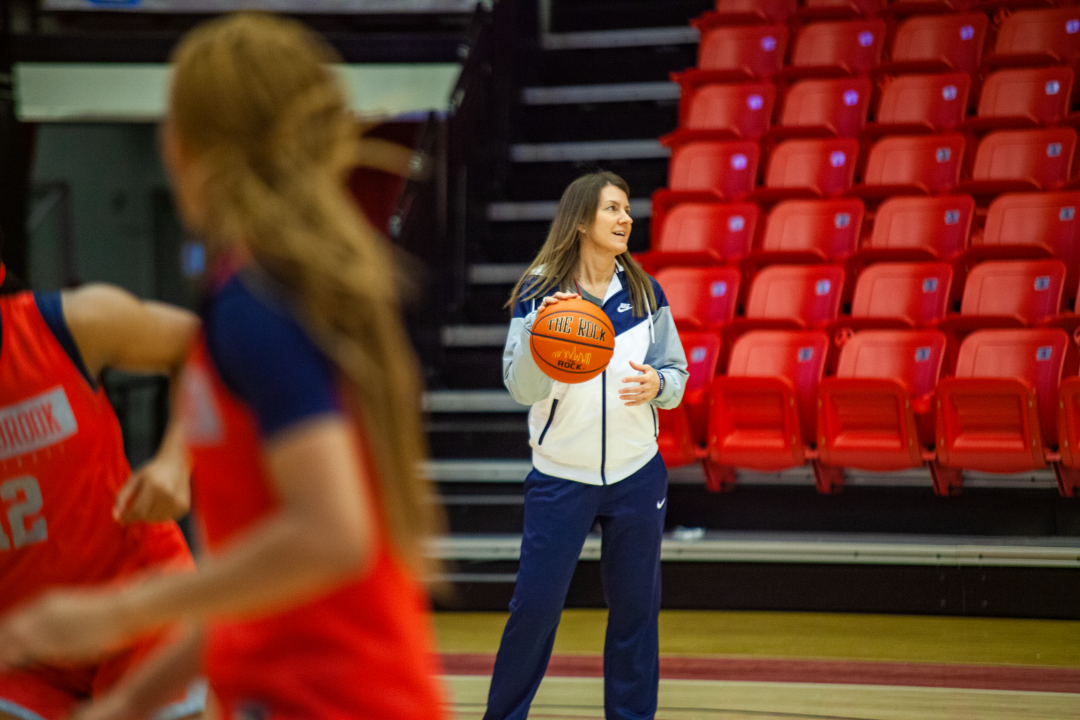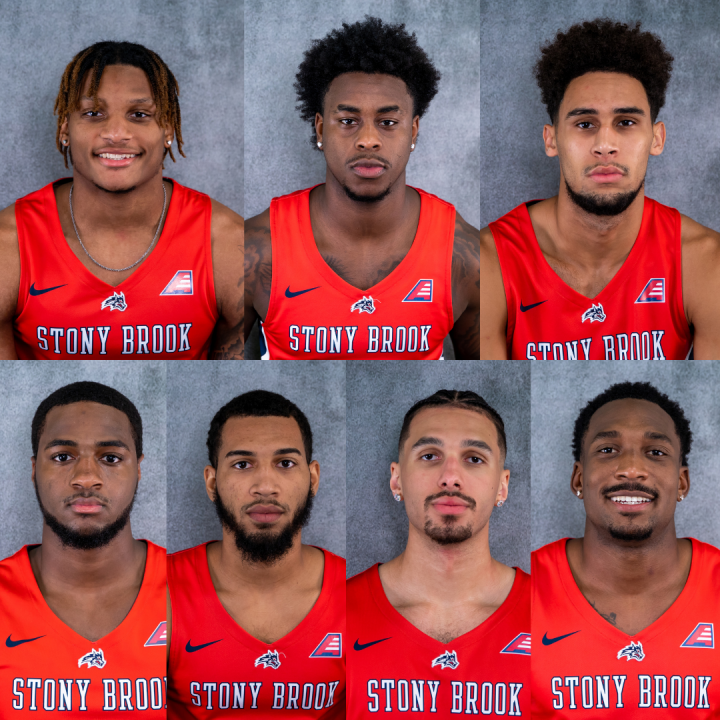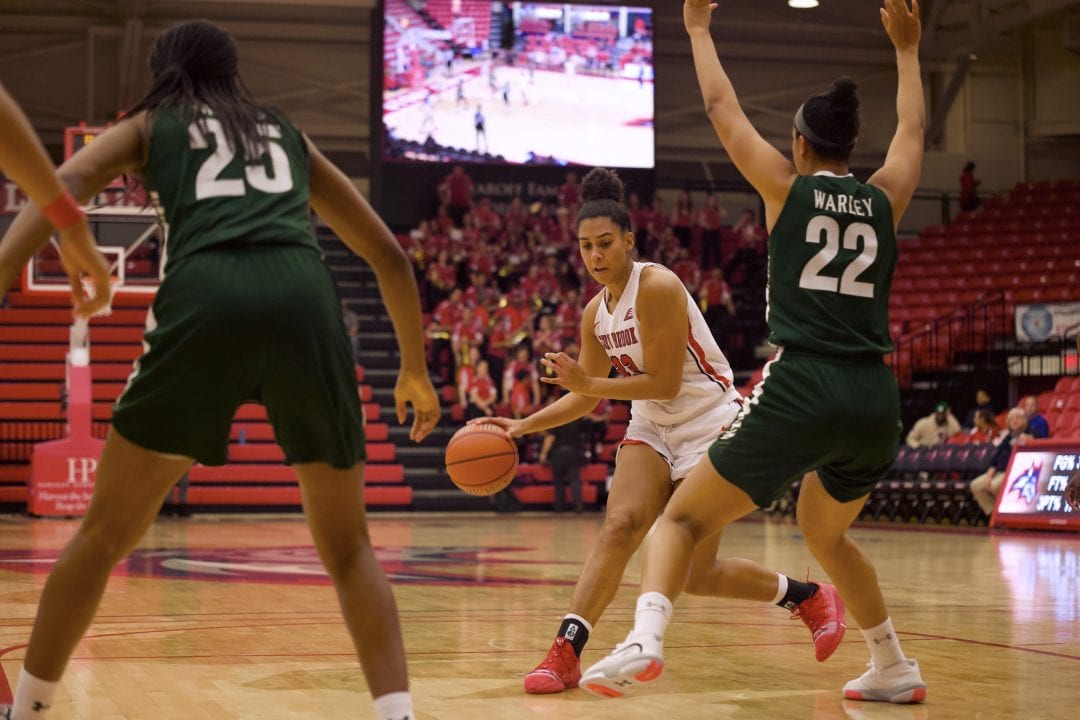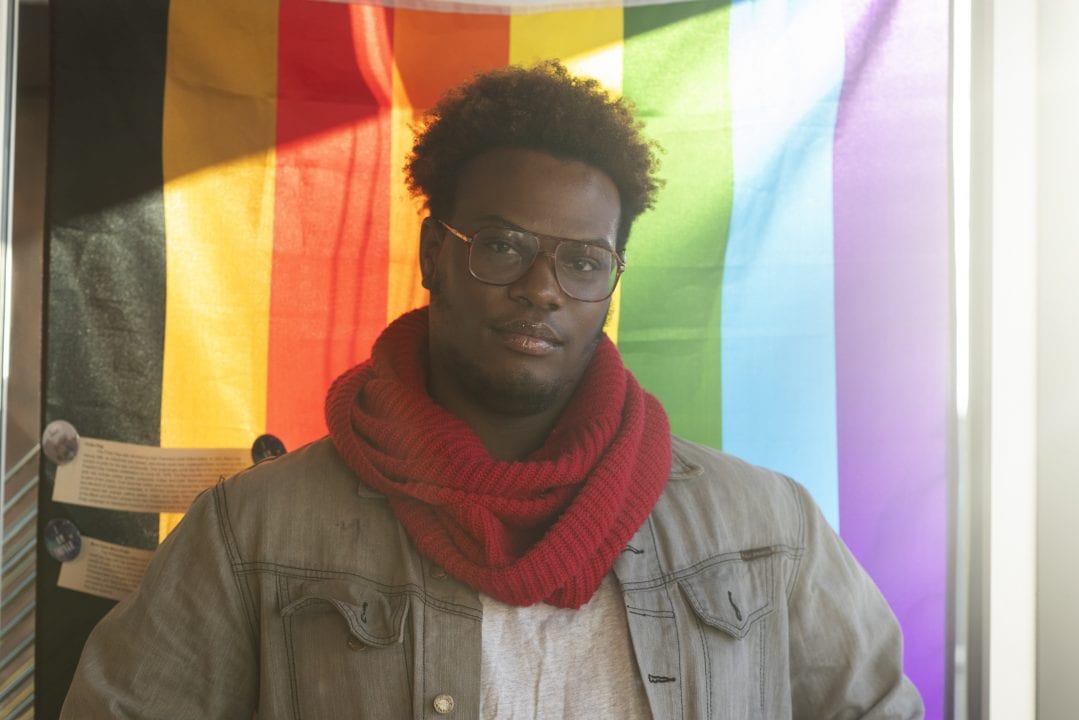
Directed and written by Trey Edward Schults, “Waves,” starts off dizzy and leaves you in a trance with its constant shift of presentation and performance.
The infamous distributor, A24 — which holds movies such as “Midsommar” and 2016 Best Picture Winner “Moonlight” under its name — brings us yet another noteworthy movie. The film stars Kelvin Harrison Jr., Taylor Russell, Sterling K. Brown and Lucas Hedges.
“Waves” is uncomfortable with its wild range of emotions and its way of showing us modern psychological terrors through the main characters’ perspectives. It shifts from drugs and parties to self-care and self-inflicted damage, and from relationships to loneliness. The movie circles back to prove that life is worth living.
The story revolves around a disentangled black family in Florida coping with a tragic incident. The Williams family has two central characters, high school wrestler, Tyler played by Harrison Jr., and his sister, Emily played by Russell, as they navigate love and tragedy.
The first half of the movie is about Tyler, as he strives to live up to the expectations of his father, played by Brown, as a wrestler. Brown gives us a remarkable performance as he portrays a black male in America who has to fight his way to the highest level just to be considered an equal in the white world. His presence triggers most of Tyler’s breakdowns throughout the movie.
The second half focuses on Emily as she struggles with their mother’s death. Living in Tyler’s shadow, Emily does not have an assertive way of expressing herself. She only begins to open up after befriending Luke, played by Hedges. Their scenes are heartwarming and natural. The more Luke opens up to Emily, the more she is able to express her problems with her family.
The movie brings the two lives of these siblings together and sheds light on their differing relationships with their father. This is a story of forgiving yourself more than forgiving each other.
Watching Harrison Jr. go into the depth of a character, shows how easily he pulls off the charming lead. Brown and Russell’s acting seems unrehearsed and natural, making their performances more vivid and truthful.
Everything in this movie is grounded from the characters to the scenes. As the Williams goes through distressing events, they are forced to face what they fear the most — themselves.
The constant rotation of the camera represents the shakiness of Tyler’s psyche. It pivots around a point in his room to the car and then back to the gym. It follows the scenes with steady shots, shaky shots and deadly still shots, making it hard for the audience to focus.
Tyler starts off relaxed with a free spirit but then instantly shifts into a trapped depressive spirited teen. The film continues in this contradictory rhythm. “Waves,” as its name, has levels of emotions all throughout. Sometimes the melo-dramedy in the movie is too much, maybe because of its sudden intensity that does not build-up to the distress but rather shocks the viewer.
Emotions are thrown at you. Some might be turned off by this technique but for “Waves” it seems to work.
The film’s unique cinematography and rotation in emotions make this movie real. “Waves” is among the many movies screening at the Staller Center for the Arts during Black History Month. It is a true gem and is worth every second of your time.




















